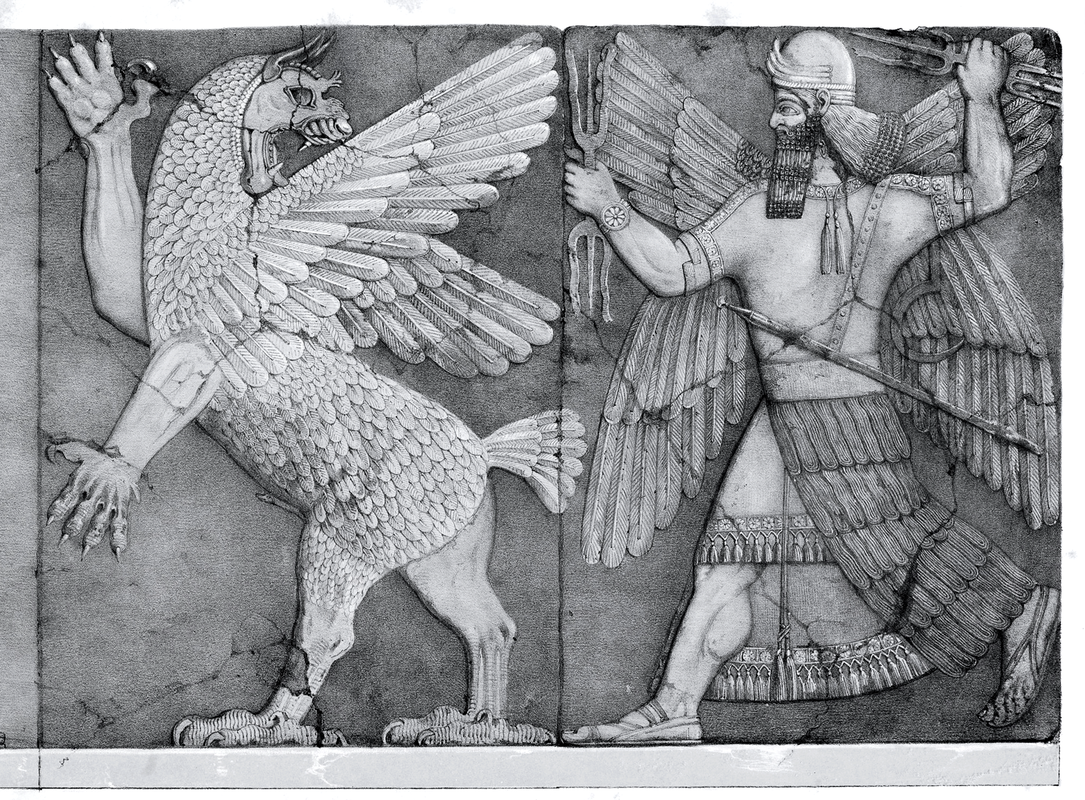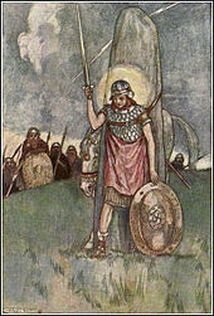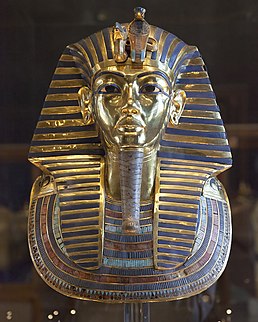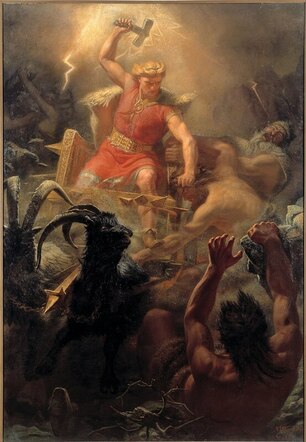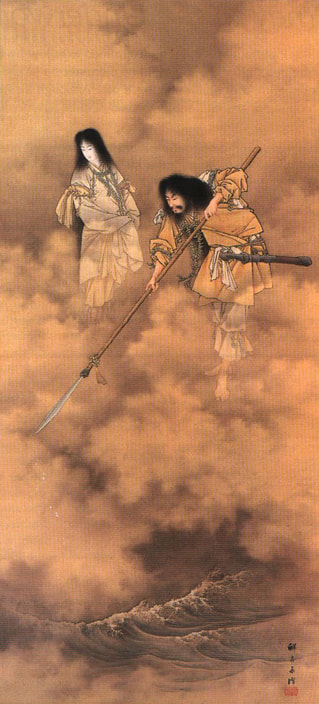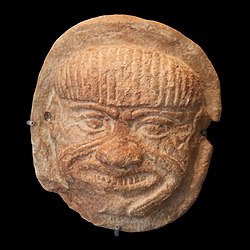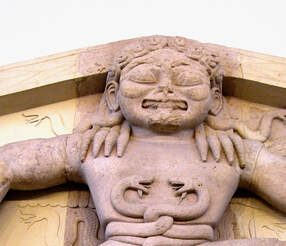|
The why, what, and how of expanding Classics beyond Greek and Roman civilization in the classroom. Classics used to be more than Ancient Greek and Roman history, language, and civilization; it used to be philology – it used to include the study of all ‘dead’ languages not just Latin and Ancient Greek but Sanskrit and other too. But now, it is just the study of the ‘Classical’ cultures. And, of course, this word, coming from the Latin classicus meaning ‘class’ or ‘division’, implies that Greek and Roman civilization are somehow a class above all the other. It’s no wonder the subject is so often appropriated by Nazis, racists, imperialists, and nationalists – those closed-minded thinkers. Even though, we as Classics teachers know that the subject itself is anything but close-minded. We don’t idolise anything, we don’t teach dogma, nothing is put on a pedestal; we critique, question, and contemplate everything ‘Classical’.
This does not mean Greece and Rome aren’t important though – or that Classics shouldn’t be a subject in the curriculum. Greece and Rome are like focal points in the narrative of civilization; they are the bridge between civilizations in Europe, Africa, and Asia. They were influenced by Egypt, Mesopotamia, and others; in turn, they influenced Celtic, Norse, Islamic, Christian, and even Japanese cultures – directly or indirectly. Combine the languages that are directly or indirectly derivatives of Latin (including all those Latin/French/Greek words in English) and observe how they cover most of the globe, and one must conclude that Latin is not the deadest of dead languages but more like a zombie apocalypse of living dead languages – it is everywhere, infecting everything. When we look at the stories of the Odyssey, the Iliad, or the Aeneid, how can we not think of Sinbad the Sailor, Arabian Nights, The Epic of Gilgamesh, Dante, Milton, Ulysses, Beowulf, The Táin, Bhagavad Gita, the Romance of the Three Kingdoms, or Ferdowsi. But, what makes our Greek and Roman Epics so special that they are placed on the curriculum under ‘Classics’? They aren’t the oldest on this list, they aren’t – necessarily – the most original, the most artistically brilliant, or the most powerful. They’re not even the most enjoyable. It could be argued that they are the most influential; they are a channel from the past to the medieval, to the modern, to the present – Gilgamesh to Homer, to Dante or Arabian Nights, to Ulysses, to Lord of the Rings. All corners of the globe have felt the pull of Homer, and the above list couldn’t work without him – he is the lynchpin. And so, we cannot teach Classics without Greece and Rome. But I, at least, cannot teach Classics without looking to some extent at the other ‘Classical’ civilizations. I feel compelled to teach something about Egypt, Mesopotamia, Persian, Celtic, Norse, Anglo-Saxon, Chinese, Indian, Nigerian, Mesoamerican, or Japanese civilizations – or at the very least I feel compelled to talk about, debate, or make comparisons. I think it is our educational imperative in today’s multicultural world to ensure that all cultures and civilizations are represented in our classrooms in some way. And I know I am not alone. There are many of us who already teach these civilizations to some degree.
Gilgamesh and Egypt are perhaps to two most important to study. Egypt had so much influence on Greek architecture, sculpture, and mythology that any student studying Leaving Cert who encounters a Greek statue should know how the Greeks first borrowed their style from Egypt and then built upon it and created something even more beautiful. Gilgamesh and Enkidu’s story is reminiscent of Achilles and Patroclus, of Perseus and the Medusa, of Odysseus in the Underworld or facing Polyphemus, and of Orpheus journeying to hell to bring back a lost love. It’s intertextuality with Homer’s epic and Greek mythology makes it – in my opinion – a must read for any Classics student. And yet, as there is no room on the Junior and Senior curriculums for such a vital text, I think it is imperative that teachers consider it for TY.
Séamus Classics Teacher
1 Comment
|
Archives |

